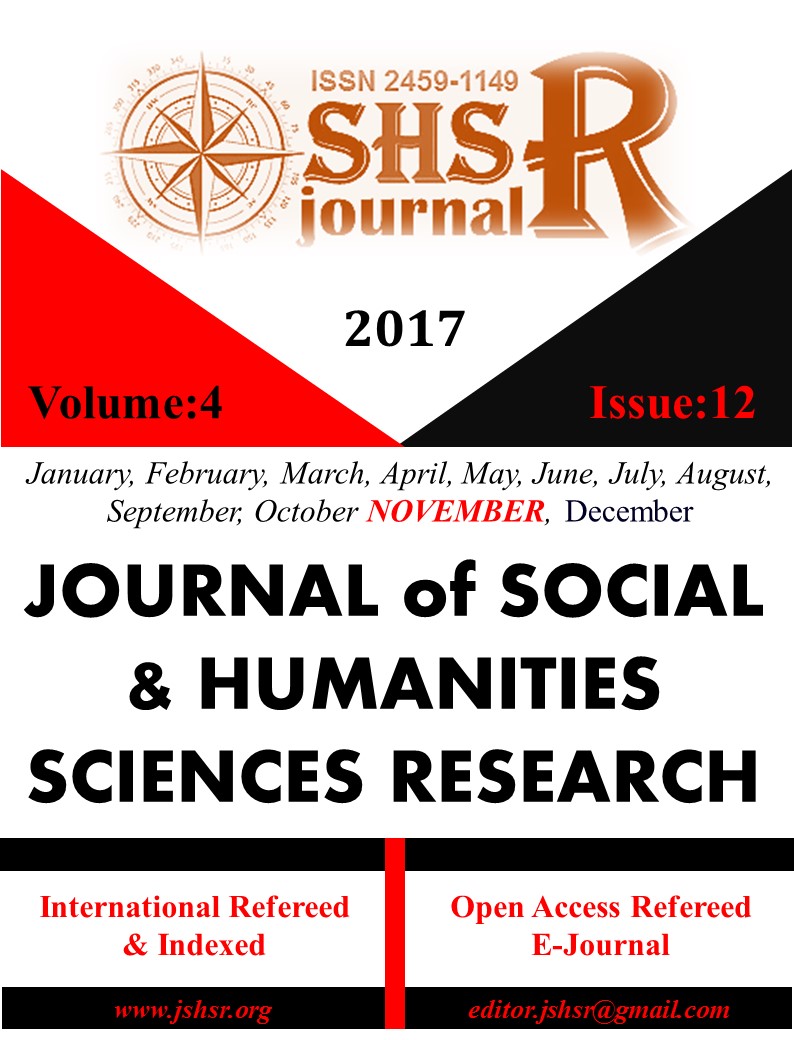AN ANALYSIS OF THE MOVIE “TITANIC” IN TERMS OF RATIONAL EMOTIVE BEHAVIOR THERAPY
DOI:
https://doi.org/10.26450/jshsr.194Keywords:
Rational Emotive Behavior Therapy (REBT), Rational Beliefs, Irrational Beliefs, Titanic, MovieAbstract
Rational Emotional Behavioral Therapy (REBT), developed by Albert Ellis, is the most popular therapy among other cognitive
behavioral therapies. REBT assumes that people are born with the potential of to be “rational” or logical and “irrational” or illogical.
According to the REBT, the ways in which people interpret their experiences and events determine psychological difficulties that they
feel. Another assumption of the REBT is that emotions, cognitions, and behaviors that the individual has a significant influence on
each other. Rational Emotive Behavioral Therapy, as it can be inferred from its name, highlights these three psychological domains
and the interaction between them. Since these three domains are integrated within the REBT, this theory is called as an integrative
therapeutic approach.
In this study, the movie “Titanic” was examined in terms of the basic concepts of Rational Emotive Behaviour Therapy. For this
purpose, firstly the basic concepts of REBT were explained in this study and then various scenes selected from the movie and movie
soundtrack were examined according to basic concepts such as ABC Model, irrational beliefs and rational beliefs. As a result of the
evaluation, it seemed that the scenes and movie soundtrack mostly reflected an irrational belief system.
Downloads
Published
How to Cite
Issue
Section
License
Copyright (c) 2017 INTERNATIONAL JOURNAL OF SOCIAL HUMANITIES SCIENCES RESEARCH

This work is licensed under a Creative Commons Attribution 4.0 International License.


